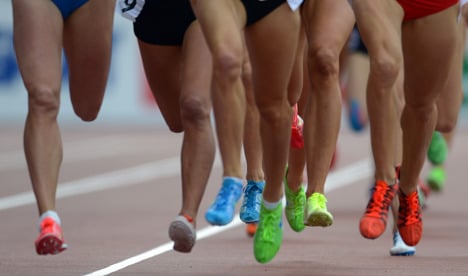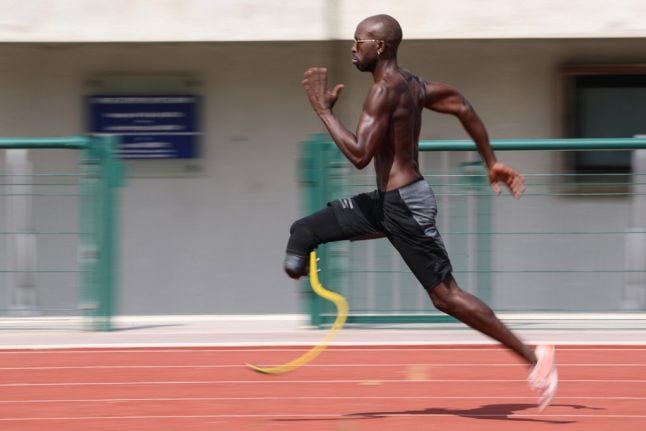Stefan Stu Thoms, 46, ran for 26 hours and 28 minutes to win the Spartathlon race in Sparta, Greece, beating out Japan’s two-year younger Tetsuo Kiso who finished eight minutes behind him.
The news was not so good for German triathlete Anne Haug, who had to endure the agony of a photo finish against Sweden’s Lisa Norden, Haug’s training partner, Focus magazine reported on Saturday.
Only hours after the race and following an analysis for the final photo was it announced that Norden had just edged out Haug for first place in the World Cup Triathlon Series.
The competition took place on Saturday in Japan and involved 1.5 km of open water swimming, 40 km of bike riding followed by a 10 km run. Haug, a 29-year-old from Munich, finished in just under two hours.
As for the ultra marathon, the first woman to finish was Elizabeth Hawker, 36, of the UK in just over 27 hours. Thoms was ninth last year in 27:40 while Kiso was seventh in 27:12.
The Spartathlon, which traces the classical route of Athenian messenger Pheidippides 2,500 years ago, started at the Acropolis in Athens on Friday and ended in the southern Greek town of Sparta.
In all 310 runners from 36 countries started with many dropping out due to the hot weather conditions throughout the course.
The Spartathlon is described as the world’s toughest race, and is run over
rough tracks and muddy paths, crossing vineyards and olive groves, climbing
steep hillsides and, most challenging of all, takes the runners on the 1,200m
ascent and descent of Mount Parthenio in the dead of night.
AFP/The Local/mw





 Please whitelist us to continue reading.
Please whitelist us to continue reading.
Member comments